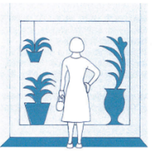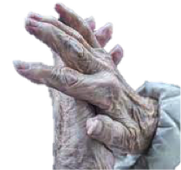 Prevention of Chest Infections - Top tips Environment Indoors
Hygiene about the house - look at your use of chemical cleaners. The Asthma Foundation recommends:
Outdoors
The following websites have extensive information about environmental factors and respiratory health
Positioning and Activity: Positioning
chair, changing position at night. Activity
swimming, blowing games (bubbles, whistles, straws).  Feeding
 General Health
When unwell
 Oral hygiene and saliva Oral bacterial can cause chest infections, especially for people who have swallowing difficulties.
Therapy Professionals Ltd’s therapists can help many ways during illness. Please feel free to contact us for information and advice. Phone: 03 377 5280 Email: [email protected] Website: www.therapyprofessionals.co.nz Comments are closed.
|
AuthorShonagh O'Hagan Archives
July 2024
|

 RSS Feed
RSS Feed